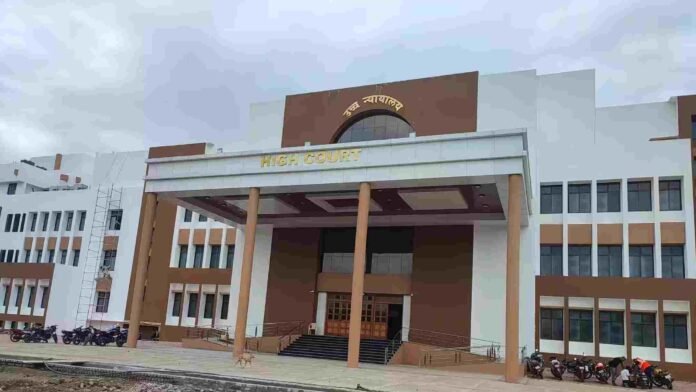The Aurangabad bench of the Bombay High Court has granted an interim stay on the levy of 18% GST on restaurant services situated within hotels where the room tariff exceeds ₹7,500 per day subject to furnishing bank gaurantee of Rs. 40 lakhs within a period of six weeks.
The bench of Justice R.G. Avachat and Justice Abasaheb D. Shinde also issued notices to the Union of India, the GST Council, and the State of Maharashtra, calling upon them to explain whether such differential tax treatment can withstand constitutional scrutiny under the principles of equality and reasonable classification enshrined in Article 14 of the Constitution of India.
The Dispute: Tax Rate Tied to Hotel Room Tariff
Under the current GST framework, standalone restaurants are taxed at 5% GST without input tax credit. However, if a restaurant operates within a hotel where the room tariff exceeds Rs. 7,500 per night, the applicable GST rate on restaurant services jumps to 18%.
The petitioner contends that this rate linkage between restaurant tax and room tariff is arbitrary, lacking any logical nexus with the nature of services provided. This, they argue, effectively penalises consumers dining at such establishments—even if they are not staying at the hotel—and undermines the basic tenets of tax neutrality.
Petitioner’s Argument: Arbitrary and Discriminatory
Advocate Abhishek A. Rastogi, counsel for the petitioner, argued that the GST rate structure contradicts the very purpose of tax rationalisation envisaged by the GST Council.
“The entire purpose of fixing a lower GST rate for restaurants was to make dining more affordable and to ensure that the benefits of tax reform directly reach consumers,” Rastogi stated. “By imposing a higher tax merely because of a hotel’s room tariff, the spirit and intent of this reform are completely diluted.”
Rastogi further highlighted that GST is built on the principle of tax neutrality, where similar services should be taxed uniformly irrespective of their location or business model.
“The present system leads to absurd results—someone walking in for dinner without booking a room ends up paying higher tax simply because the hotel charges more than ₹7,500 per night for accommodation,” he added. “This results in distortion and discrimination, especially when a single day’s tariff increase subjects the restaurant to 18% GST for the entire financial year.”
Industry Concerns: Seasonal Fluctuations and Unfair Burden
Industry observers have raised concerns that the current mechanism could hurt restaurant businesses operating within hotels, particularly those affected by seasonal pricing fluctuations or markup practices by online travel agents. These are factors beyond the control of hotel management but have a direct impact on GST classification.
Many stakeholders fear that the higher GST rate will discourage walk-in diners, reduce restaurant competitiveness, and undermine the goal of simplifying and rationalising the GST regime.
Court’s Interim Order and Next Steps
Taking note of the petitioner’s submissions and the broader economic implications, the Bombay High Court (Aurangabad Bench) has granted interim relief, restraining authorities from enforcing the higher GST rate until the matter is heard in detail.
The case is now scheduled for further hearing on November 19, 2025.
Case Details: Shirdi Country Inns Private Limited VERSUS Union of India & ors.
Case No.: WRIT PETITION NO.12579 OF 2025
Counsel for the Petitioner: Abhishek A. Rastogi, Pooja M. Rastogi & Meenal Songire Advocates
Counsel for the Respondent: D.S. Ladda, Pratik P. Kothar
Read More: 2 DRI Officials Suspended Over Alleged ₹50 Lakh Bribe Demand in Duty Evasion Case

